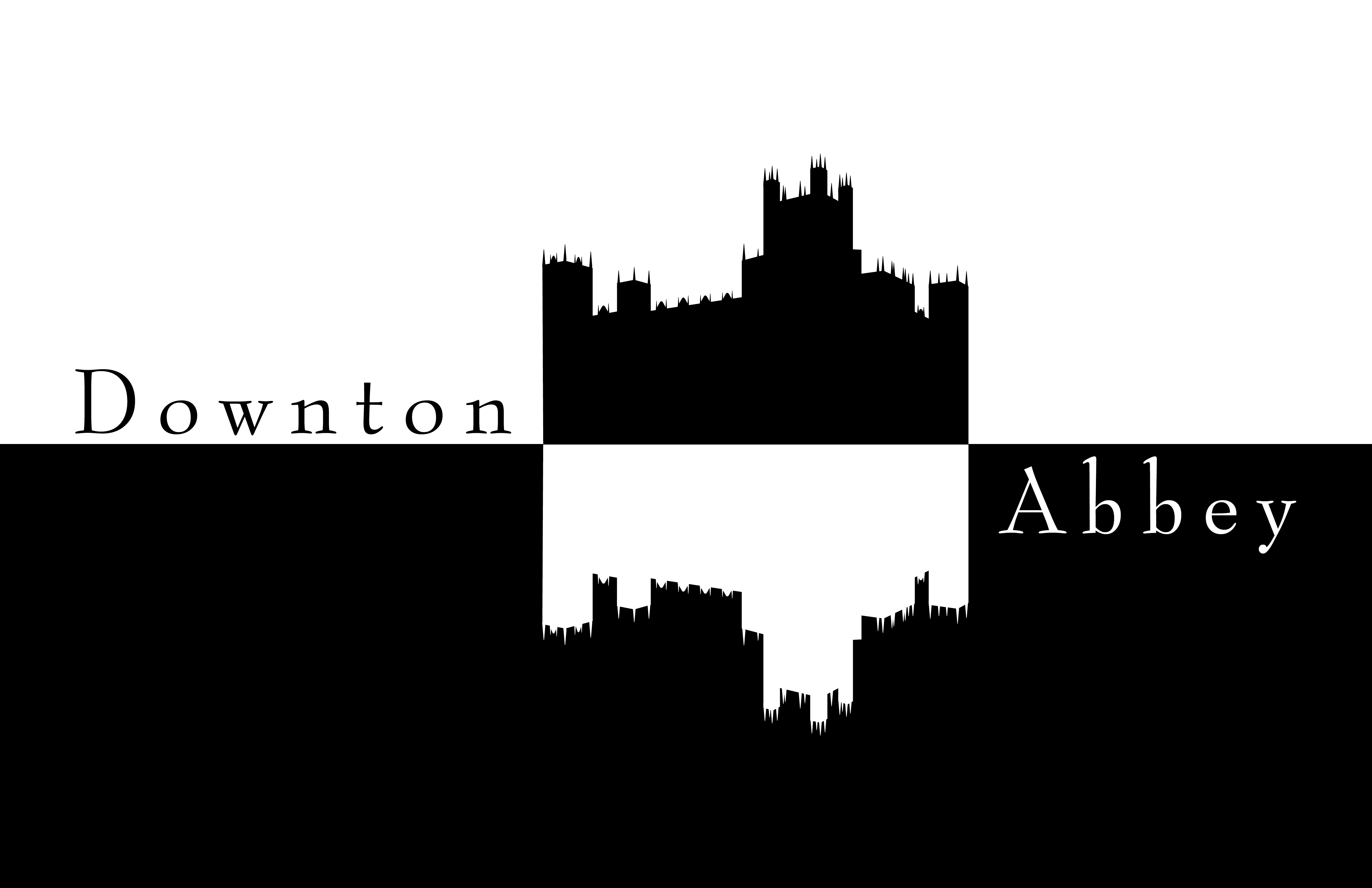I’ve just seen the ending – the last episode aired on ITV last December. Everything clings. An adequate finale for one of the greatest international successes (if not the greatest) in the contemporary television landscape.
Was the series soapish? Yes (at times less – Season One, where screenwriter Julian Fellowes resorts moderately to love triangles –, sometimes more – Season Two, where he counts on them a little too much).
Was the series “Quality TV”? Definitely.
I explore why DA is in the same league of other critically acclaimed shows like, for example, ER, The West Wing and Mad Men (by the way, in all these series the soapish element is present too) in an article recently published on Communication & Society. The magazine is easily accessible, so… have a look if you have time.
One of DA’s storytelling qualities I stress in my article is thematic focalization. The series as a whole (its concept and the main storyline regarding the survival of the estate) organically elaborates on a precise theme (‘progress questioning tradition’). But the series does this also within its separate episodes. Very often a specific unifying theme (not necessarily the general one of the series) finds different declinations in each one of the many storylines enfolding throughout the installment.
Regarding the exploration of the progress/tradition issue through the series’ narrative spine, let’s think of its inciting incident: the Titanic disaster. The series opens with the news of said tragedy, which bears metaphoric undertones. The sinking ship speaks of a broken sense of security and an overconfident sense of stability that is slowly losing meaning. The latter leads us back to a conservative aristocracy that has found itself vulnerable to the changes of the period. On the other hand, the Titanic becomes the metaphor of a progress that is too confident and hints at how risky it can be to commit to the new and forget the past. No matter how subtle, the value of tradition comes into play with the event.
Considering the thematic focalization within a single episode, take for example the third one of the opening season: you’ll see how each character is involved in something connected to the value of dreams and aspirations (professional, sentimental, etc.). Or take the following episode, where each storyline concerns the idea that nothing, especially relationships, stays the same: time slowly changes everything.
It has been said that with Quality TV, television storytelling has reached a level that, in the past, you could have found in cinema. Thematic focalization confirms this.


Gli aspetti della serie che ritengo più rilevanti sono quelli che rivelano quelle che io chiamo costanti antropologiche. Temi e modi che incontrano nuclei profondi della struttura umana facendoli risuonare emotivamente e provocando attenzione, attaccamento e soddisfazione. In una parola: successo planetario. In DA è particolarmente interessante vedere come questo si ottenga con elementi del racconto decisamente controtendenza:
Bellezza ( immagini in esterno e interno meravigliose e piene di armonia. costumi curati alla “Visconti”. modi di muoversi e di parlare eleganti ma non vuoti, ecc.)
Vita quotidiana, ovvero la normalità vs la stranezza o l’emergenza. Il dramma è servito ugualmente – in salsa rosa o gialla – ma sempre alla “portata” delle vicende di gente comune.
Classi sociali senza conflitto:parità di qualità e di durata del racconto per quanto riguarda i nobili e per quanto riguarda la servitù. L’interazione tra le due classi – aiutata da una forte identità – è improntata sul valore della differenza che riceve arricchimento reciproco: gli uni servono agli altri e ciascuno è soddisfatto della propria condizione. Una visione degna di S.Paolo e del suo amico Onesimo. Anche questo controtendenza.
Intreccio tra pubblico e privato.
Le grandi vicende del periodo storico filtrate – fedelmente – dai testimoni anonimi. La grande storia nel vissuto comune con profondo effetto culturale.
Infine, nell’ultimo episodio, il messaggio più sorprendente: l’apoteosi del bene! Nessuno se non un inglese ( di questi tempi e in questo campo ) avrebbe
osato sbandierare un così perfetto e totale happy ending.